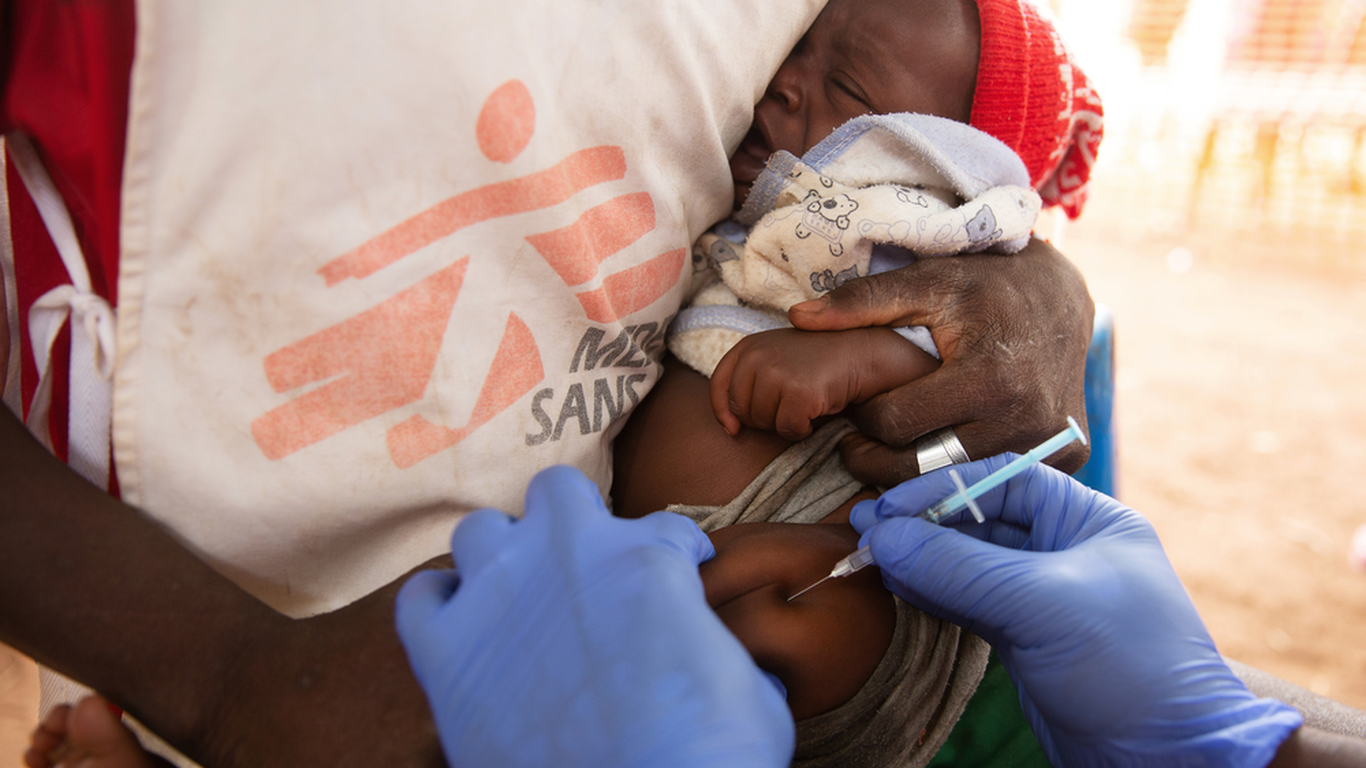A preliminary study by Aaron Miller, Mac Josh Reandelar, Kimberly Fasciglione, Violeta Roumenova, Yan Li, and Gonzalo H. Otazu for Department of Biomedical Sciences, NYIT College of Osteopathic Medicine, New York Institute of Technology, Old Westbury, New York, USA seems to suggest that countries which administer BCG vaccine to its citizens seems to be one of the reasons why mortality related to COVID-19 in the respective countries in relatively lower than in countries which don’t have such programmes.
The study report which was posted on medRxiv on the 28th of March 2020 shows positive correlation between countries that require citizens to get bacillus Calmette Guerin (BCG) vaccine and those showing fewer number of confirmed cases and death from the novel Corona virus.
From the report, low income countries with a universal BCG vaccination reported close to zero deaths, in this case 17 out of 18 countries but this could also be attributed to under reporting of cases and they were therefore excluded from the analysis.
Middle- and high-income countries exhibited some variability in results but, the report further suggests that countries which started BCG vaccination early had a reduced mortality rate, as older people seem to be severely affected by the pandemic and would most likely be protected.
Data from 28 countries with a universal BCG vaccination policy showed positive linear correlation (p=0.44, p=0.04) between the year of commencement of vaccination and the mortality rate. Iran which started universal BCG vaccination in 1984 showed a significantly higher mortality rate compared to Japan which stared in 1947. Brazil which started the program in 1920 has registered a relatively low mortality rate per a million inhabitants.
17 countries which dropped their universal BCG policies with the decrease in numbers of cases of tuberculosis show remarkably higher mortality rates.
Italy, which has no BCG vaccination policy has for instance registered a high mortality rate. The high mortality rate seems to be true for USA, Lebanon, Nederland and Belgium.
Denmark, stopped its universal vaccination in 1986. It has registered almost 10 times less deaths per million inhabitants (2.3). Spain on the other hand started universal BCG vaccination in 1965 and it lasted for 16 years. It has also registered a high mortality rate of 29.5 deaths per million inhabitants.
BCG vaccine in itself is a vaccine designed to boost the body’s innate immunity. It is derived from weakened Mycobacteria and can be administered to any person excluding those showing signs of but most countries have chosen to administer it to infants. It is effective in making the immune system fend off tuberculosis with an efficacy of close to 50%. BCG has also shown protective effects against non-TB mycobacteria like Leprosy (20-80%) and Buruli ulcer. Some known immunotherapies also employ the use of BCG in treatment of cancer.
Some scientists are already working into conducting further trials into these findings. One such person is Minai Netea, a Dutch infectious-disease expert at Radboud University. His team has enrolled 400 workers in the trial in which 200 were given the vaccine and the remainng 200 were given a placebo. Netea says that while the subjects are being observed, he does not expect to see results in the next 2 months but he is willing to carry out further studies to show the effect of BCG vaccine on people who are older than 60 years of age.
Australia, Denmark, Germany and the U.S.A are the other countries that are also carrying out trials based on this research.
However, Otazu, who is the leader of the team that did this study cautions that there is no need to hoard the vaccine because there is a small chance that the BCG vaccine could increase the risk of corona virus which will have to be analysed after clinical trials. “No country in the world has managed to control the disease just because the population was protected by BCG,” Otazu said. “Social distancing, testing and isolating cases will need to be implemented to manage the spread of the disease.”





